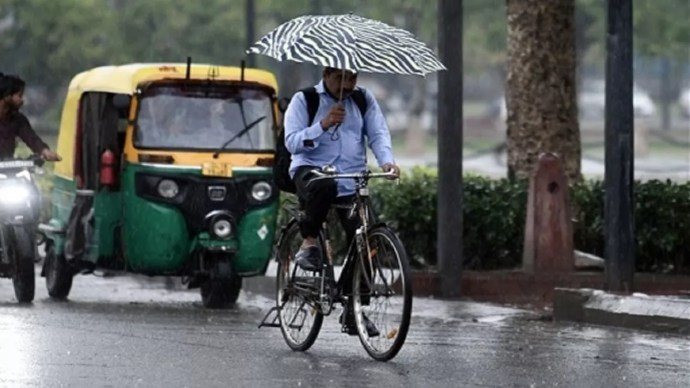In a significant move, the University Grants Commission has notified new regulations for recognition of equivalence degrees to academic qualifications earned from foreign institutions. The decision comes in light of a growing number of Indian students returning with international degrees. UGC’s move aligns with delays, frequently faced by them in having their qualifications recognized either for admission to Indian Educational institutions or for employment.
New Regulations
Under the new regulations–UGC (Recognition and Grant of Equivalence to Qualifications Obtained from Foreign Educational Institutions) Regulations, 2025–notified on April 4, the Commission has put in place a transparent, technology-driven mechanism to assess foreign qualifications from schools and higher education institutions.
However, the provisions for granting equivalence certificates to foreign qualifications will not apply to professional degrees awarded in disciplines such as Medicine, Pharmacy, Nursing, Law, Architecture, and other fields that fall under the jurisdiction of statutory regulatory councils in India. Such qualifications will continue to be governed by the specific norms and recognition procedures laid down by the respective regulatory bodies.
Equivalence Process To Be Governed By Set Of Parameters
The equivalence process will now be governed by a set of parameters, including the legitimacy of the foreign institution, the duration and level of the qualification, and its comparability to Indian programmes.
Importantly, the new framework removes the ad hoc nature of past recognition practices by setting up a Standing Committee on Equivalence that will vet institutions and qualifications for their validity and parity with Indian standards.
The regulations also provide for the establishment of an online portal where applicants can submit requests for equivalence and track their status. The Standing Committee will meet periodically and make recommendations based on established benchmarks, including the status of the foreign institution in national and international rankings. The Commission has developed a robust and fair procedure to ensure that deserving students are not left in the lurch due to procedural ambiguity,” Kumar said.
Committee’s Decision Based On factors Such As…
The standing committee decision will be based on factors such as the minimum duration and credit requirements of the course, including a permissible variation of up to 10 per cent in normalised credit load. It will also assess the structure of the curriculum, covering core, elective, cross-disciplinary and lab courses–as well as contact hours, self-study hours, and experiential learning components. Evaluation processes, including thesis or dissertation assessment and mandatory project or internship requirements, will also be considered to establish equivalence in learning outcomes.
Conditions For Recognition Of Foreign Degrees
The UGC has also listed the conditions for recognition of Foreign degrees- the foreign education institution must be recognised under the relevant laws in force in the home country, the applicant must have pursued the programme of study to the qualification and the entry-level requirements for admission to such programme of study are similar to that of a corresponding programme of study in India.
The UGC has also clarified that qualifications obtained through unrecognised institutions, unaccredited programmes, or in contravention of regulatory norms in India (such as those offered via franchise arrangements) will not be eligible for equivalence. The UGC has outlined a structured online process for granting equivalence certificates to qualifications obtained from foreign educational institutions. Applicants must submit their request through a dedicated portal along with the prescribed fee and, where necessary, authenticated English translations of documents.
Important Guidelines
Each application will be evaluated by a Standing Committee of education experts, which must issue its recommendation within ten working days. The Commission is then required to communicate its final decision within fifteen working days. If additional documents are needed, applicants will be given more time, with corresponding extensions to the decision timeline.
In cases of rejection, applicants may seek a review within thirty working days by paying a specified fee. A separate Review Committee will reassess the application and submit its recommendation within ten working days, following which the Commission will issue a final decision within fifteen working days. If accepted, an equivalence certificate will be issued via the online portal.
Also Read: TANCET 2025 Provisional Answer Key Now Available — Here’s How To Raise Objections












